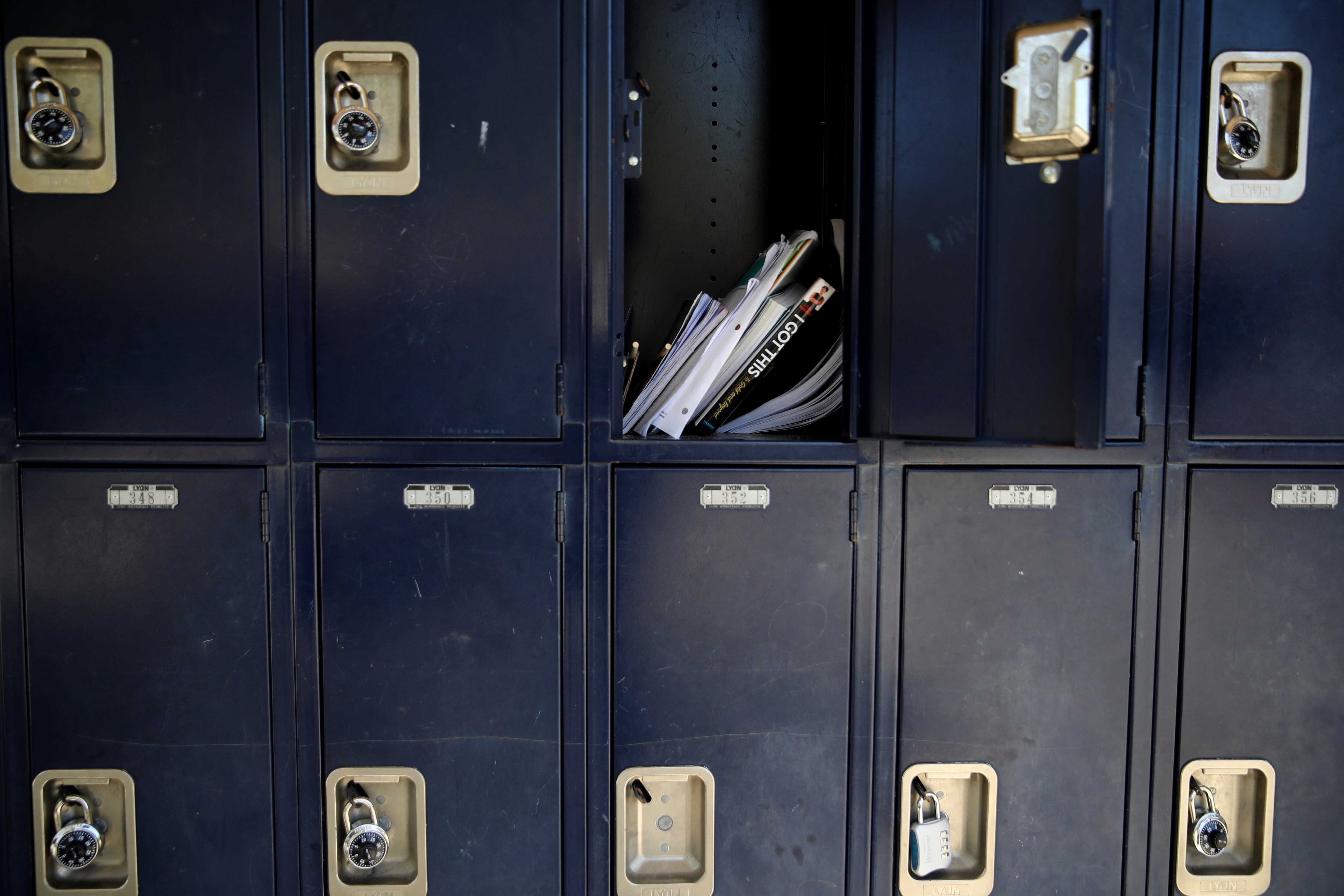Hundreds of thousands of child maltreatment allegations are going unreported — and thus uninvestigated — while school buildings are closed, a new study estimates.
It’s the latest evidence of the toll that COVID-19-induced school closures are taking on children.
The numbers highlight “a hidden cost of school shutdowns,” write researchers Jason Baron, Ezra Goldstein, and Cullen Wallace. “When schools are not in session, whether for regularly scheduled breaks or in response to catastrophes, cases of child maltreatment are more likely to go unnoticed and unreported.”
The paper focuses on Florida, and shows that allegations of child maltreatment plummeted across the state in March and April as schools closed. About 15,000 fewer allegations have been made, more than a 25% decline. Another way of looking at it: usually there are nearly 30 claims of abuse for every 1,000 children in Florida; in April, there were fewer than 20.
These sorts of declines are typical for summer months, but are highly unusual when schools are in session, the researchers show. The researchers run a number of statistical tests and confirm the obvious culprit: school closures prompted by COVID-19. And experts say it’s unlikely the declines are due to less actual maltreatment, especially since this is a time of heightened stress for many people.
The Florida researchers then use their findings from that state to extrapolate to other parts of the country. Assuming the decline is similar elsewhere, over 200,000 allegations of maltreatment went unreported in March and April of this year.
States across the country have seen similar trends. In April, the Associated Press reported steep drops in calls to child abuse hotlines in several states: declines of 50% in Washington, 45% in Louisiana, Montana, and Oklahoma; 33% in Arizona; and 14% in Nevada.
Of course, not all claims of neglect or abuse are confirmed by authorities. Both nationally and in Florida, between 10 and 20% of maltreatment claims made by school staff in a given year are eventually substantiated. That suggests that nationally, 20,000 to 40,000 instances of maltreatment would have been confirmed if not for the school closures.
The latest paper confirms another recent study illustrating the critical role schools play in reporting child abuse and neglect. Using national data, this paper also shows that reports of maltreatment decline during the summer and are higher for young children in the year they enter school.
The Florida researchers recommend policymakers consider alternative methods to catch instances of child abuse and neglect while school building are closed, like virtual check-ins with staff trained to recognize signs of maltreatment.
They also warn that, if this economic downturn prompts school staffing cuts, the numbers may not fully rebound even when students return to school buildings.
“Reductions in funding for teachers and other school personnel,” they write, “could also weaken the lesser-known benefit of public schools that we document in this study — providing a resource for students suffering from child maltreatment.”






